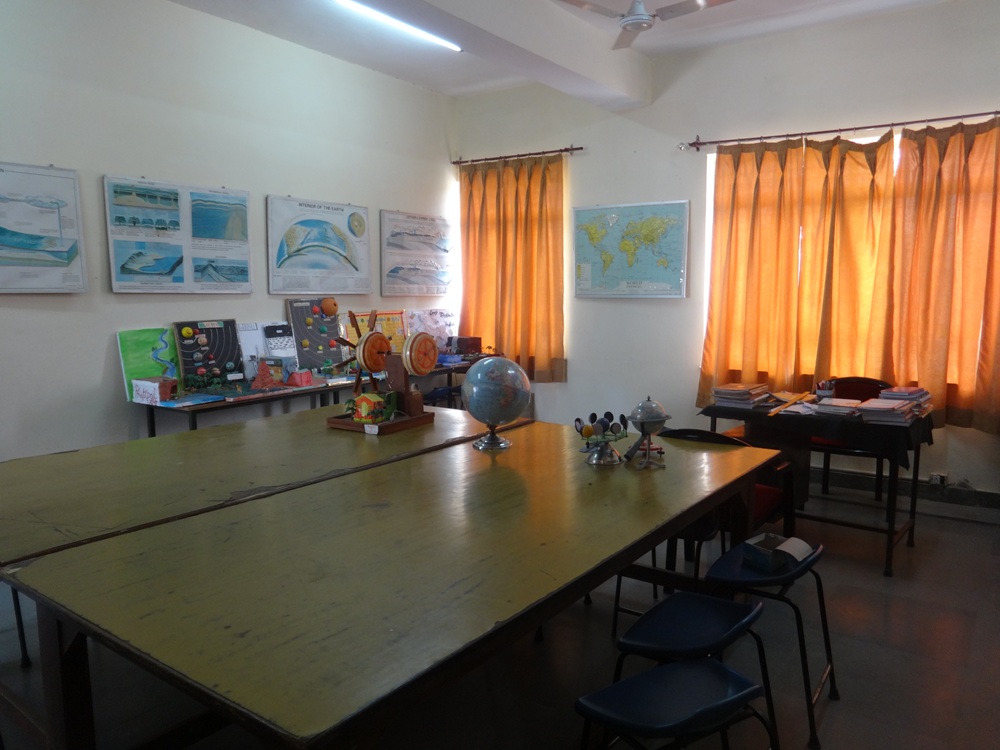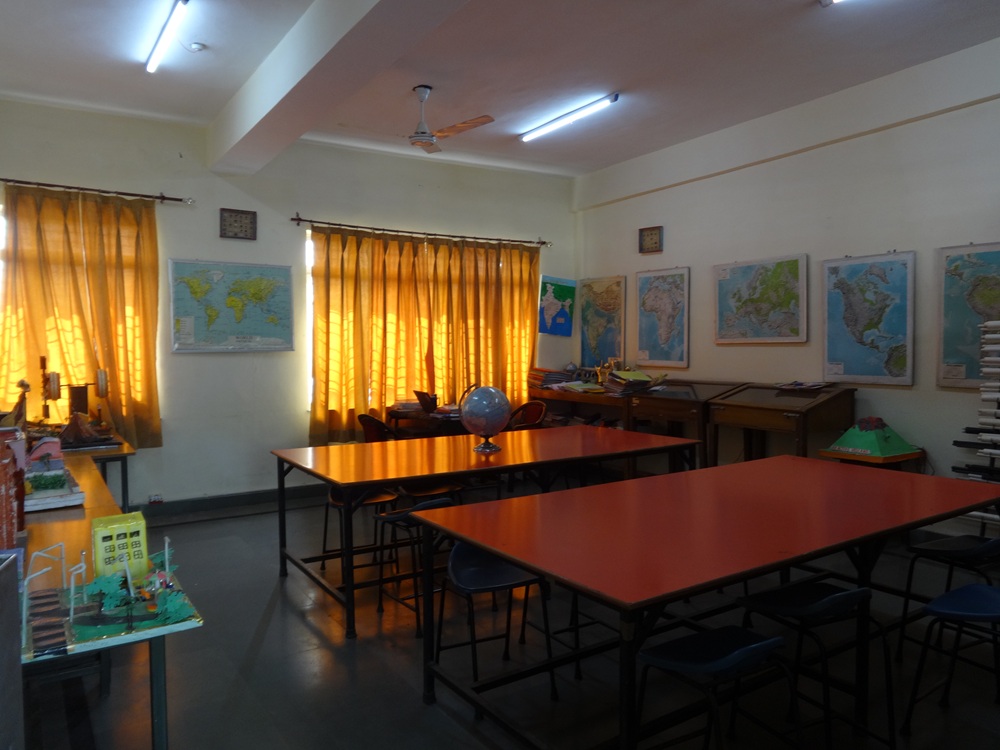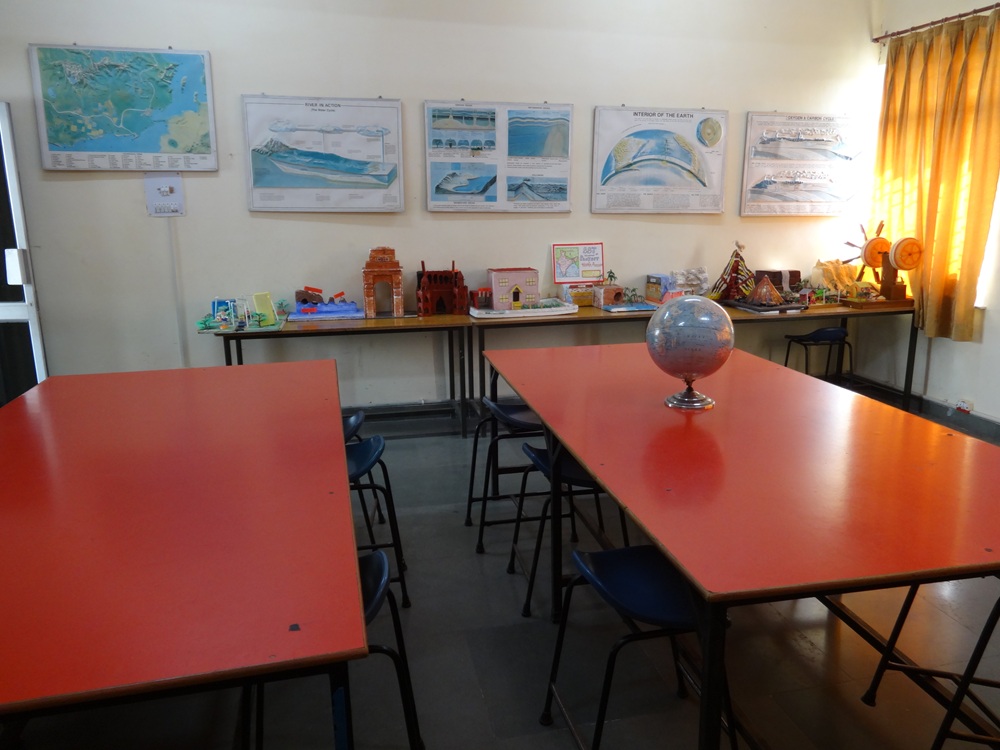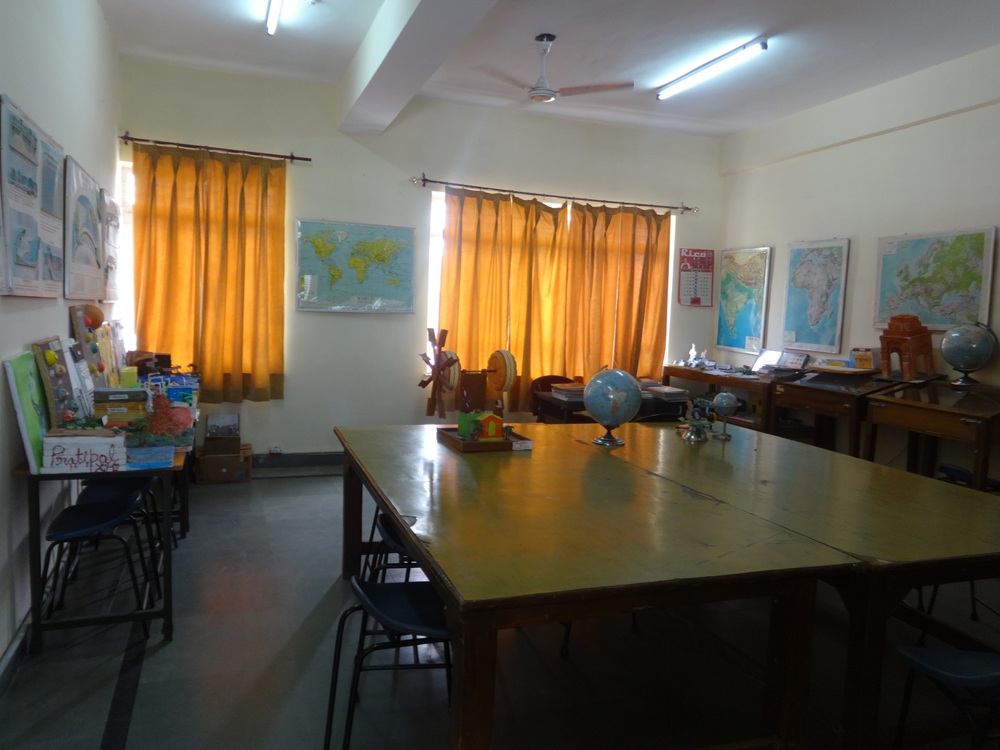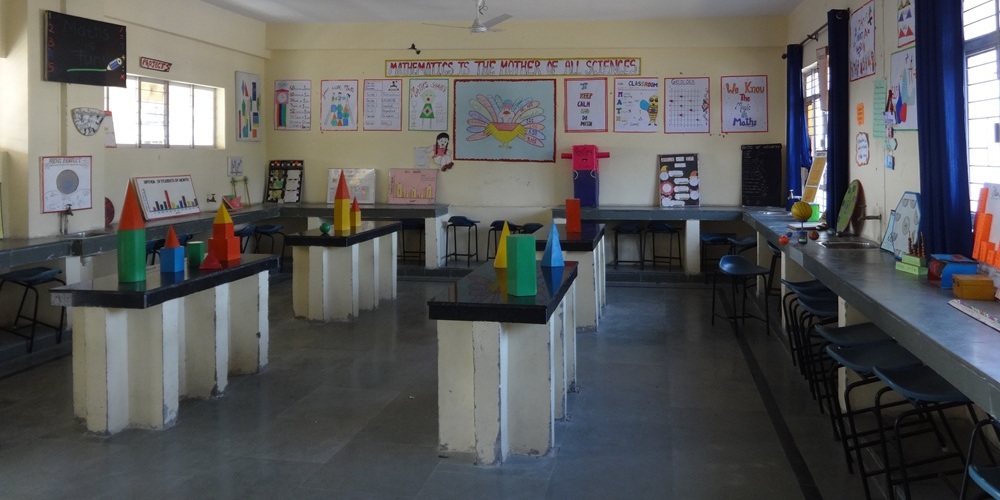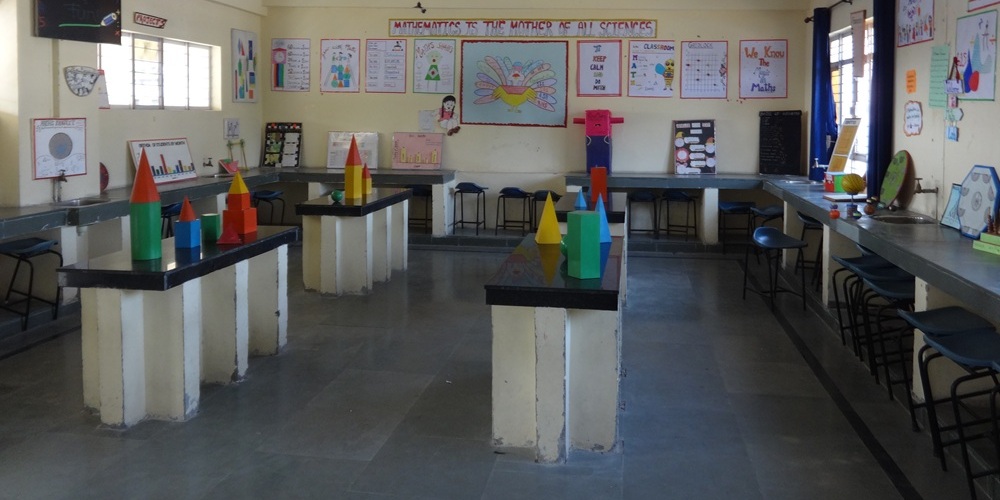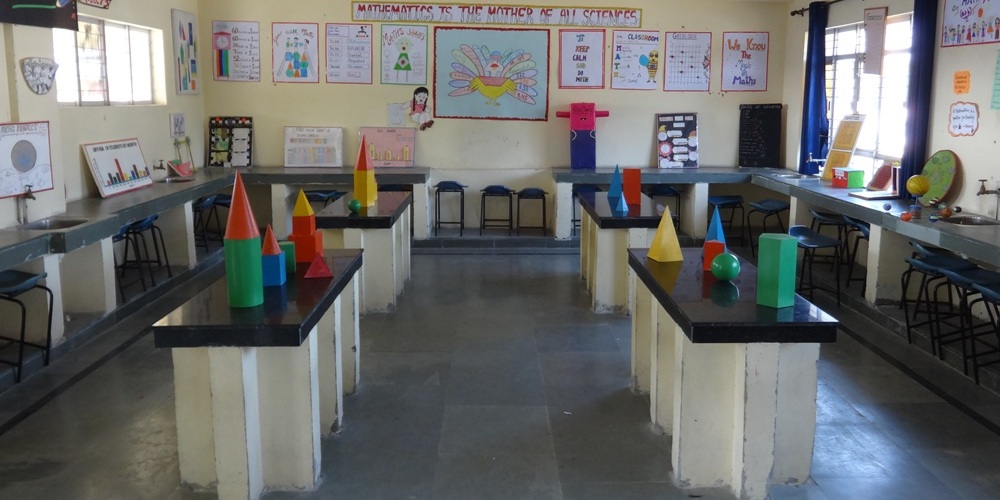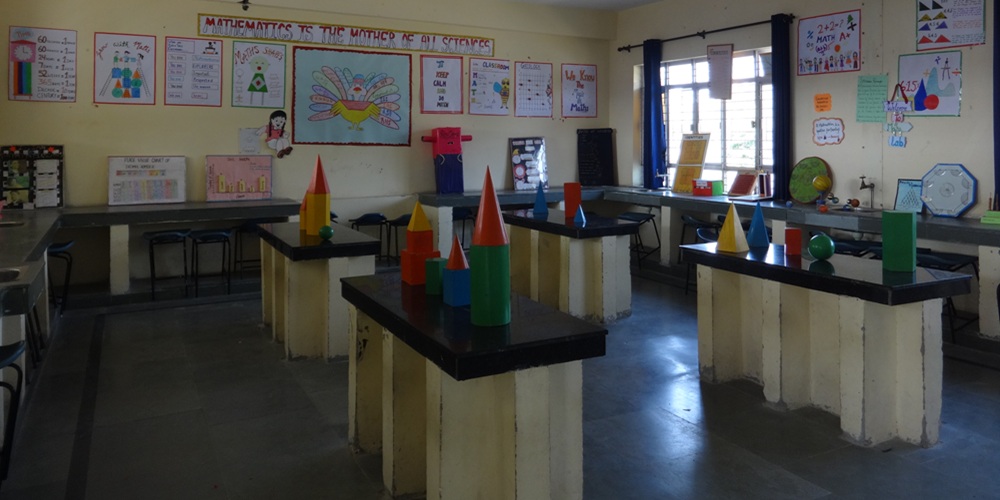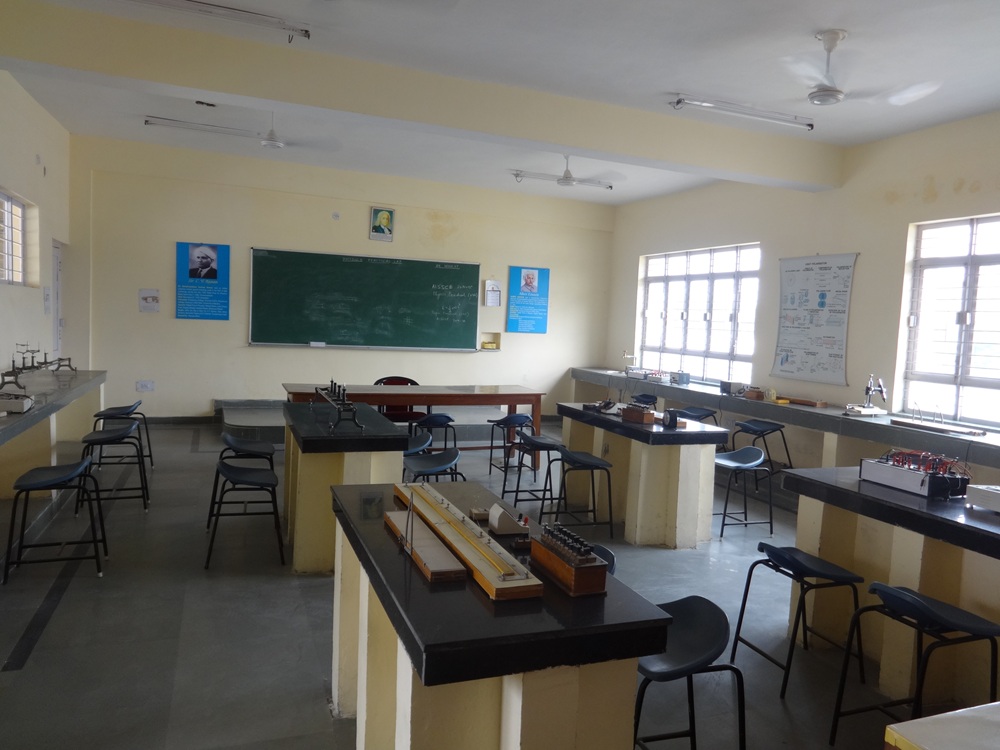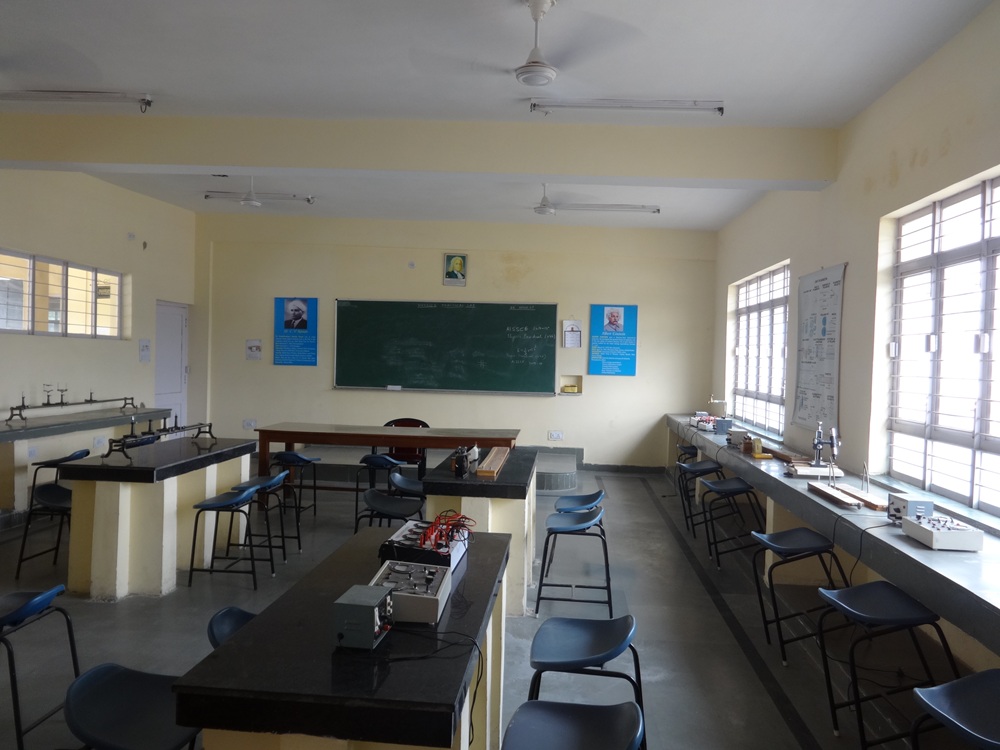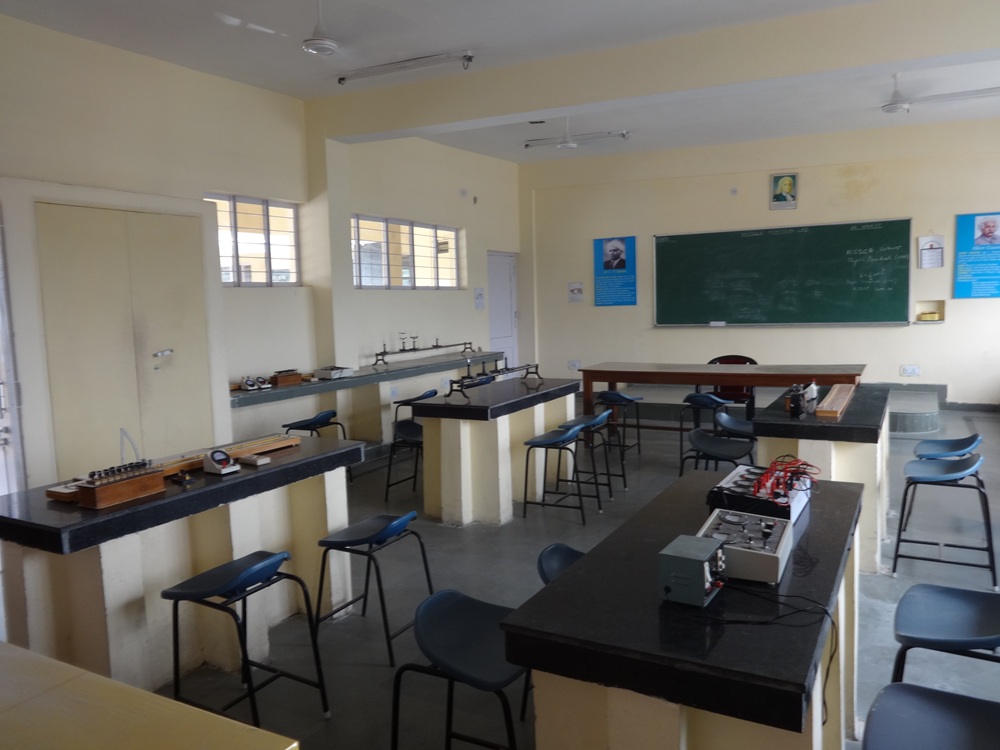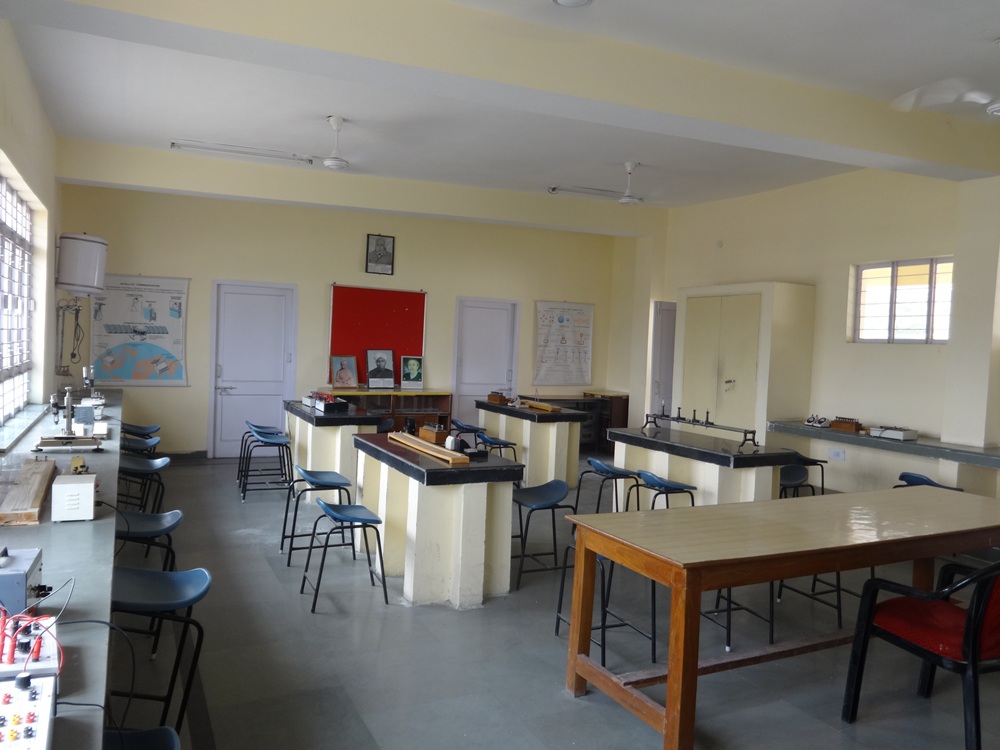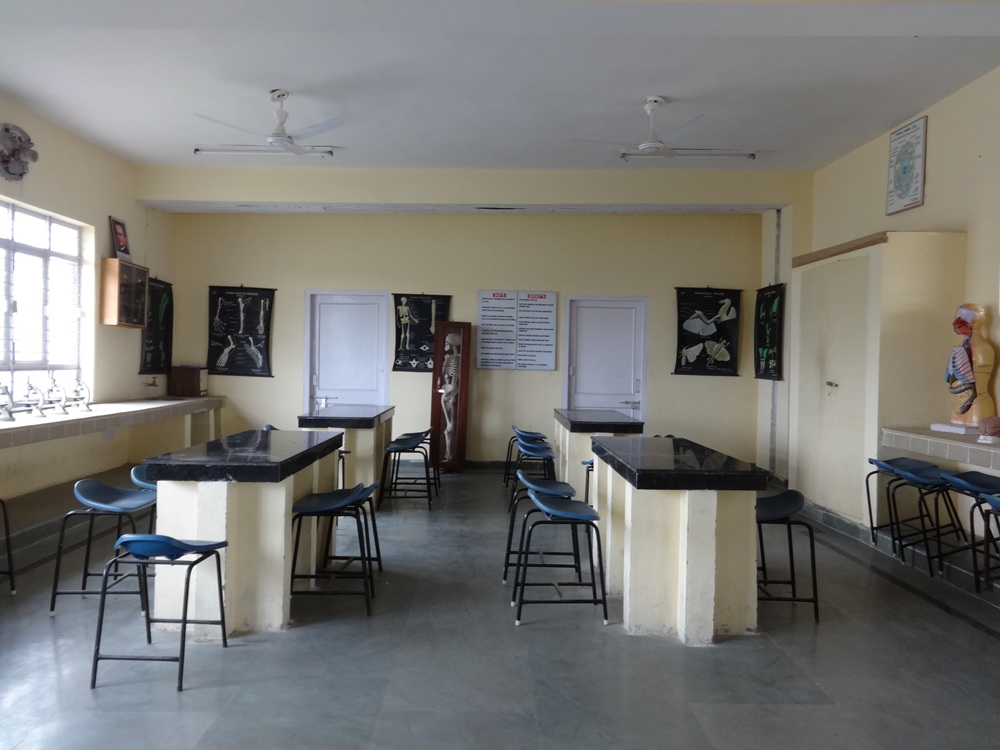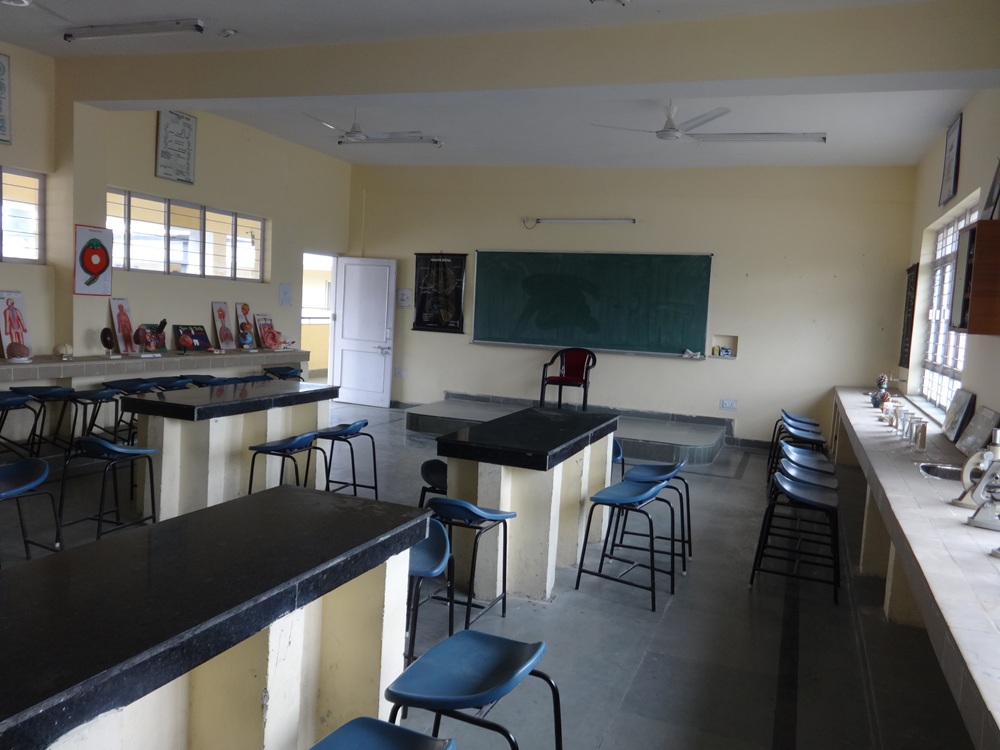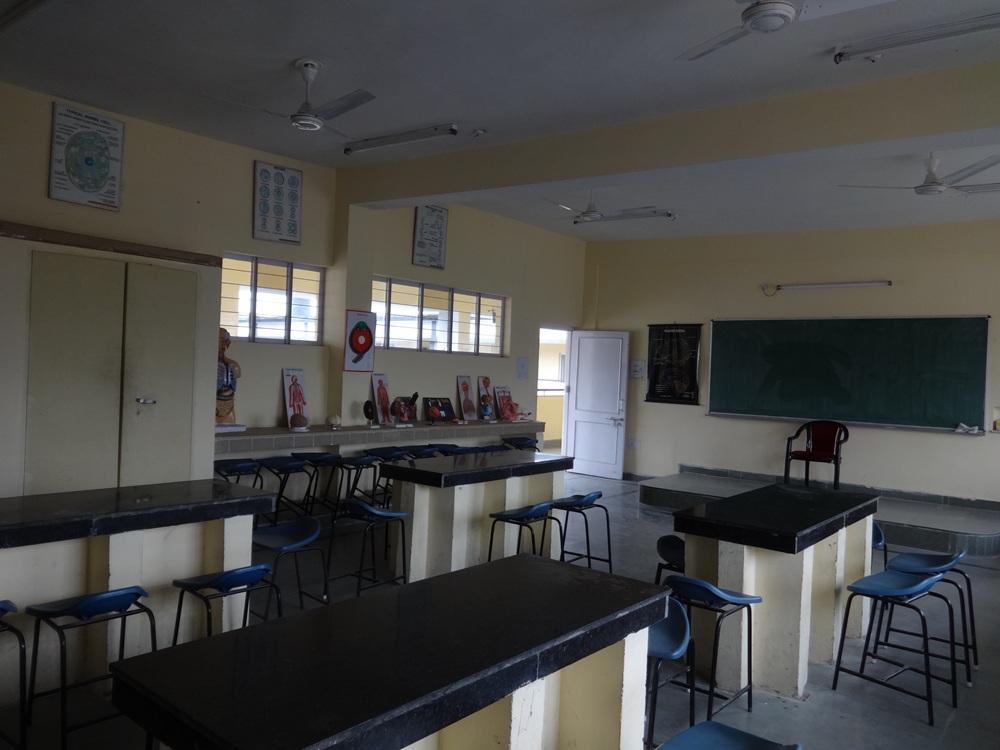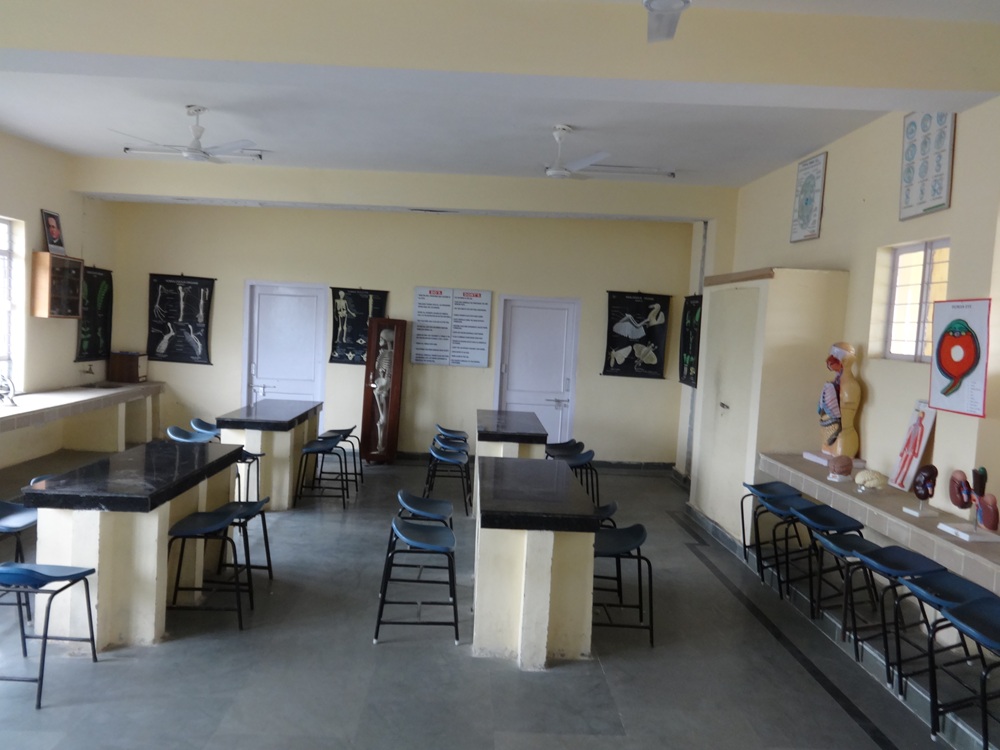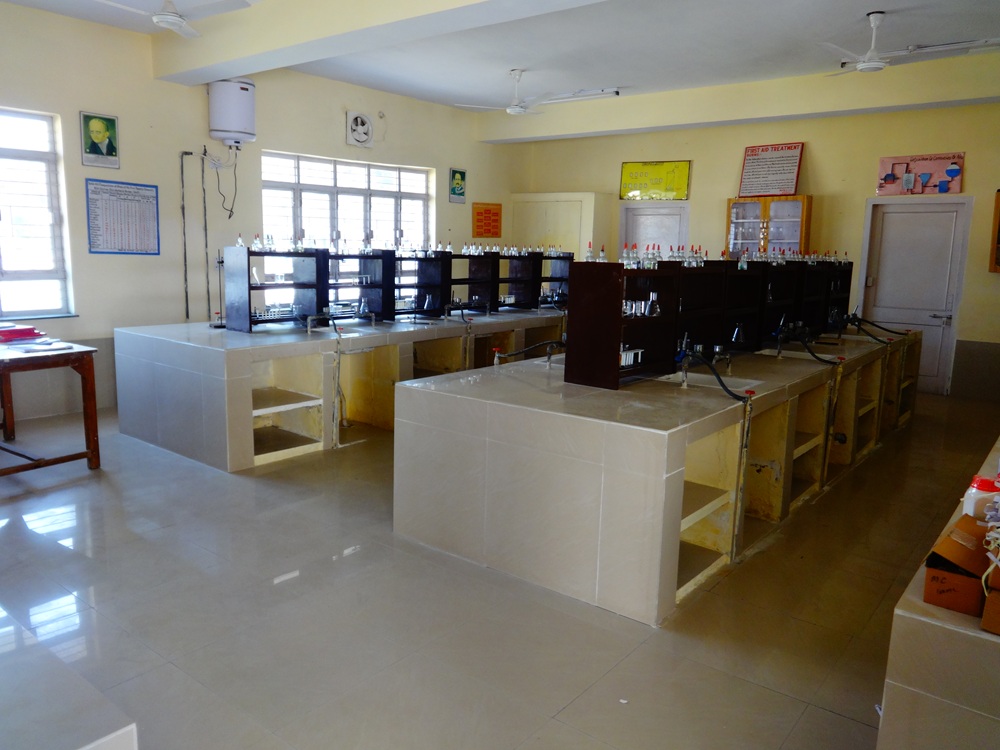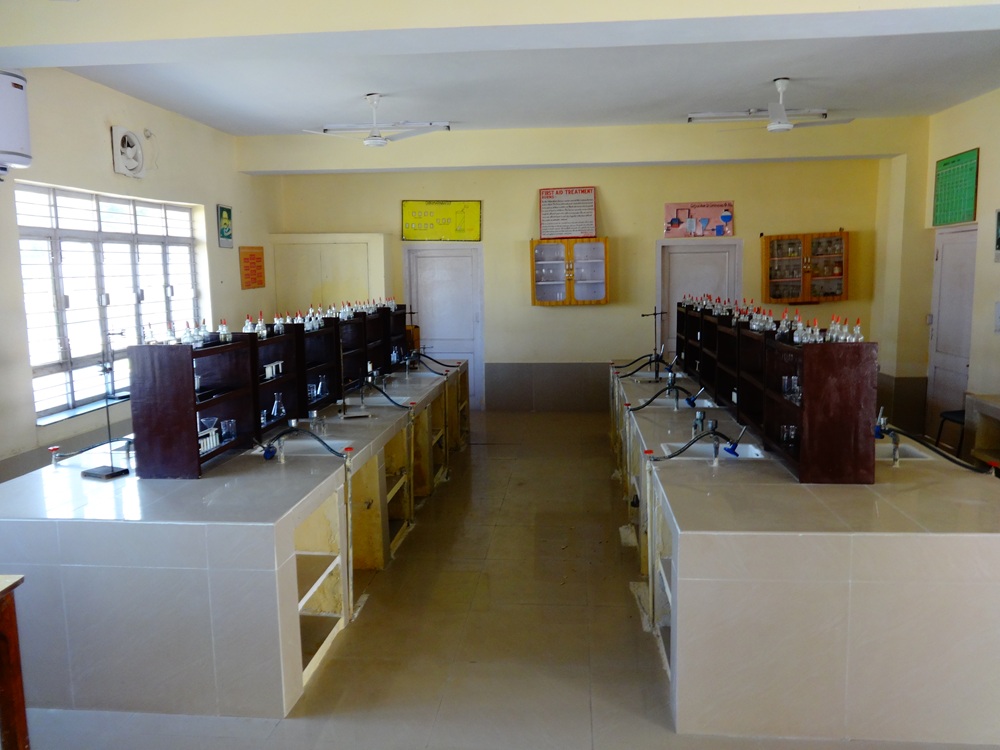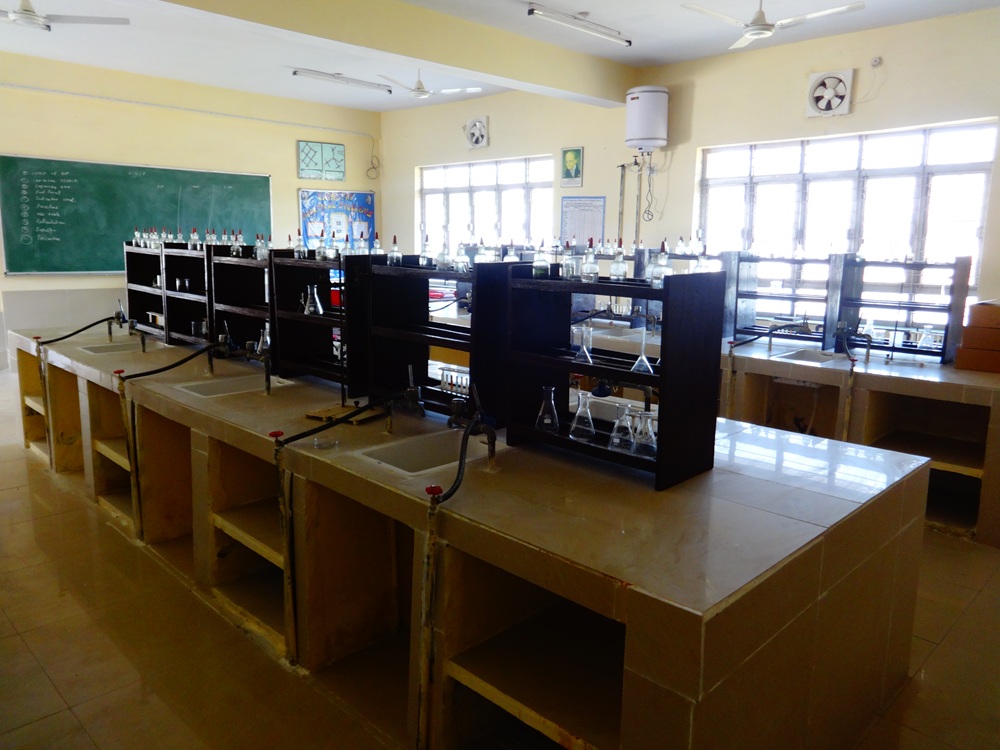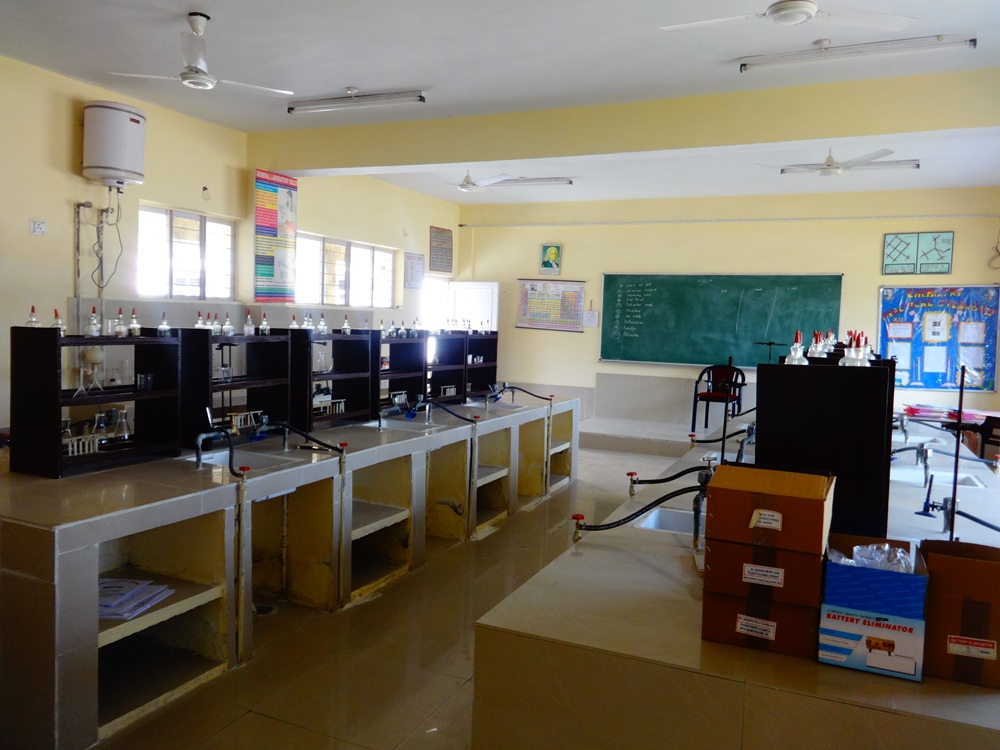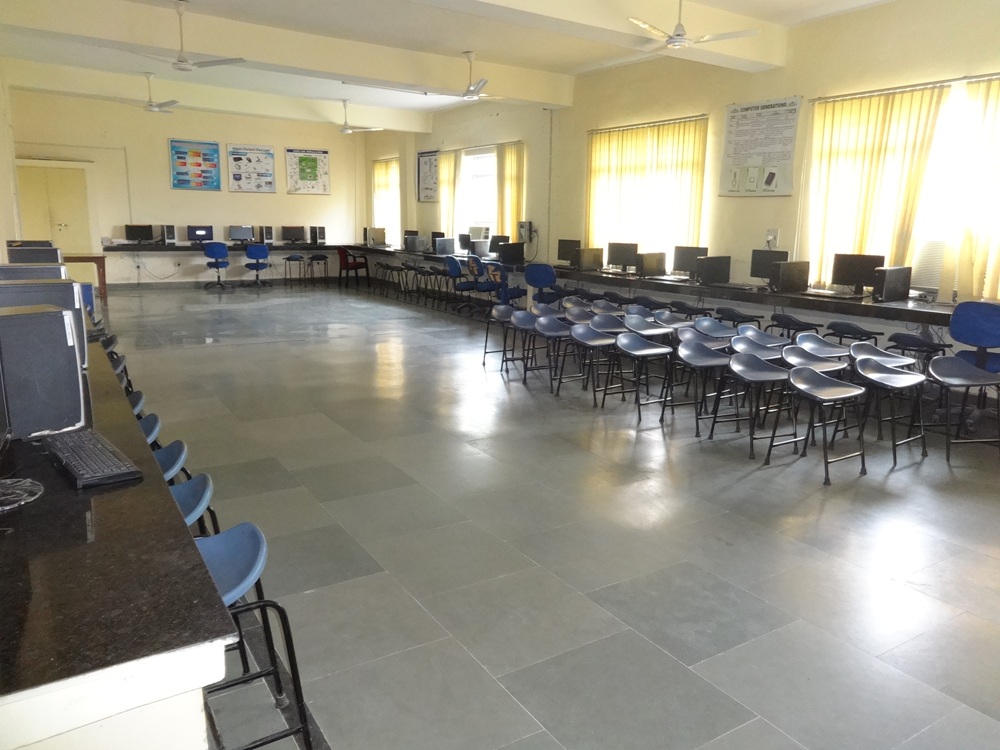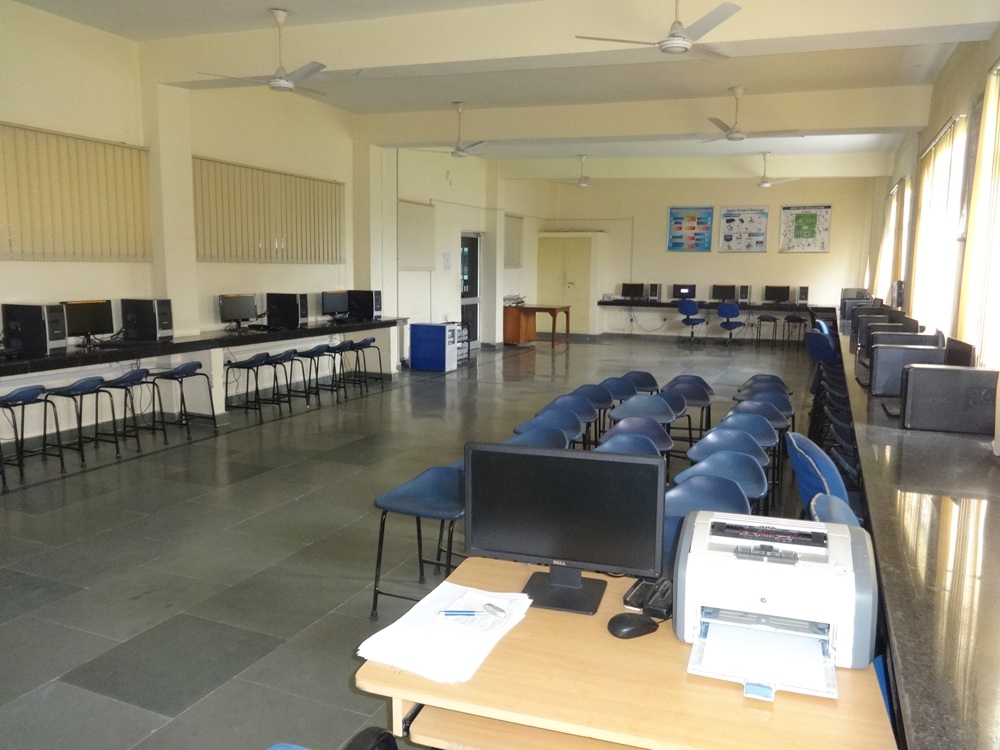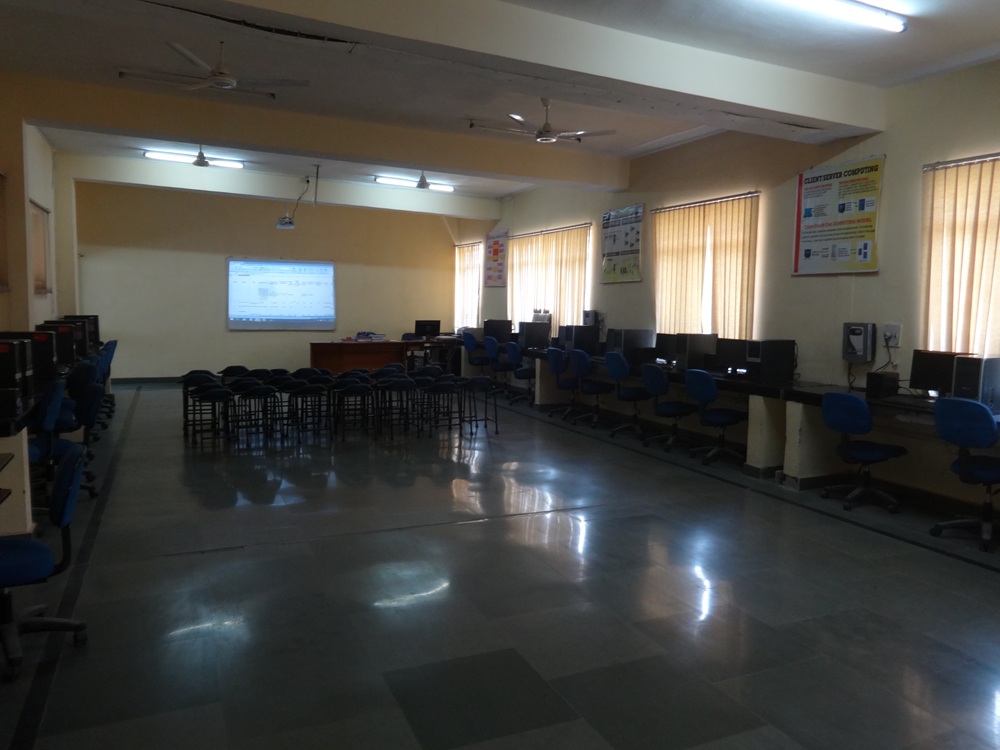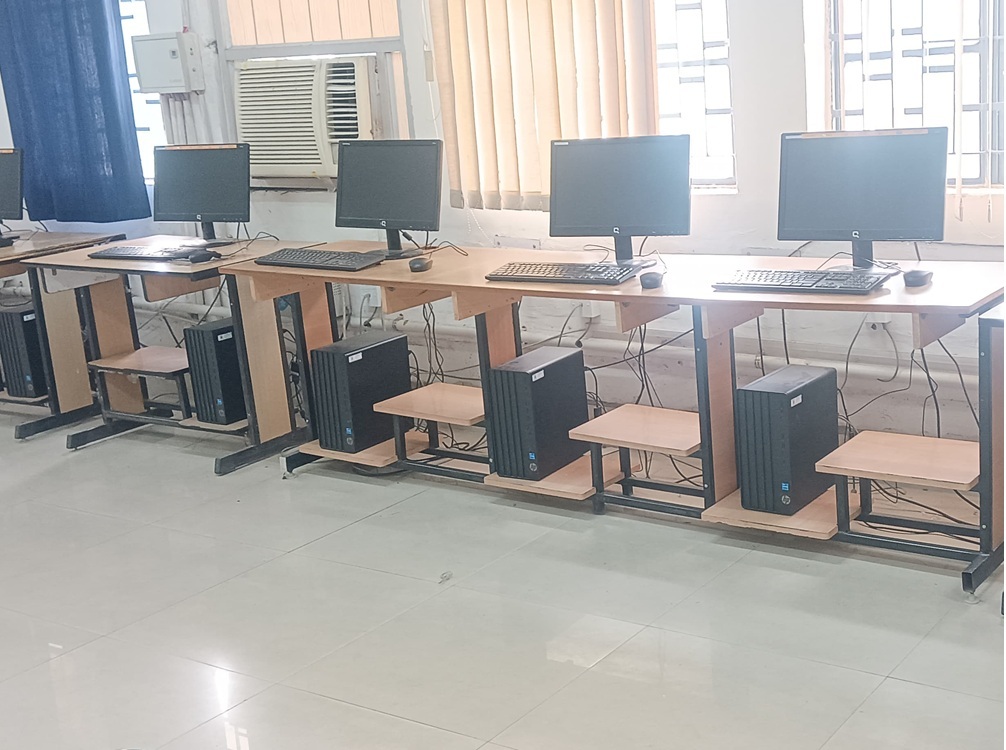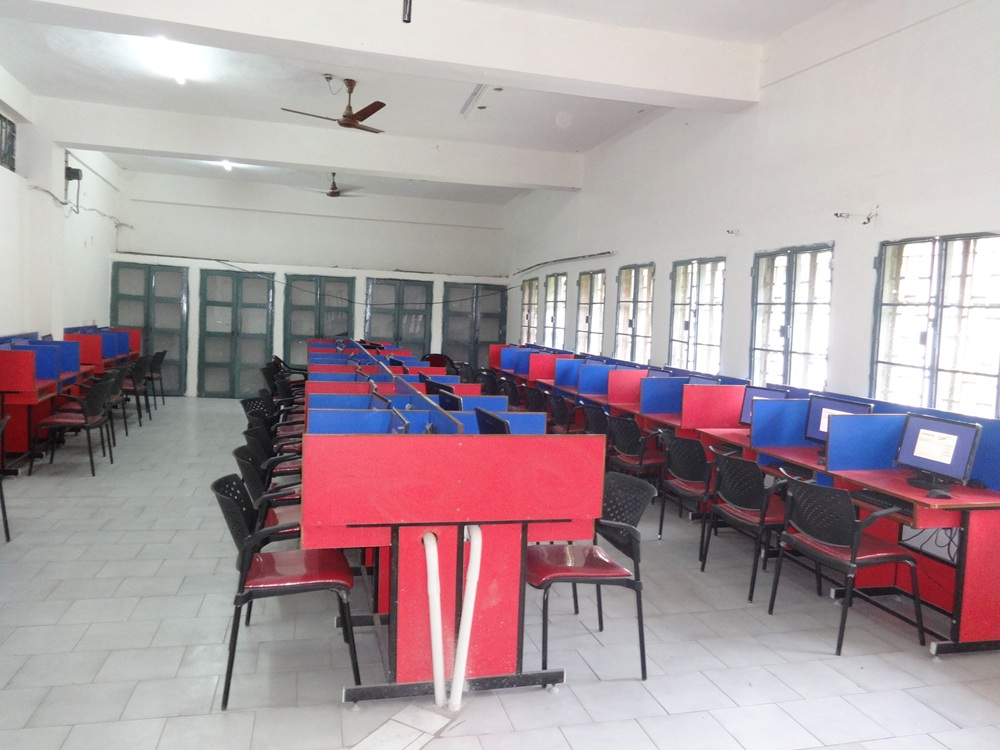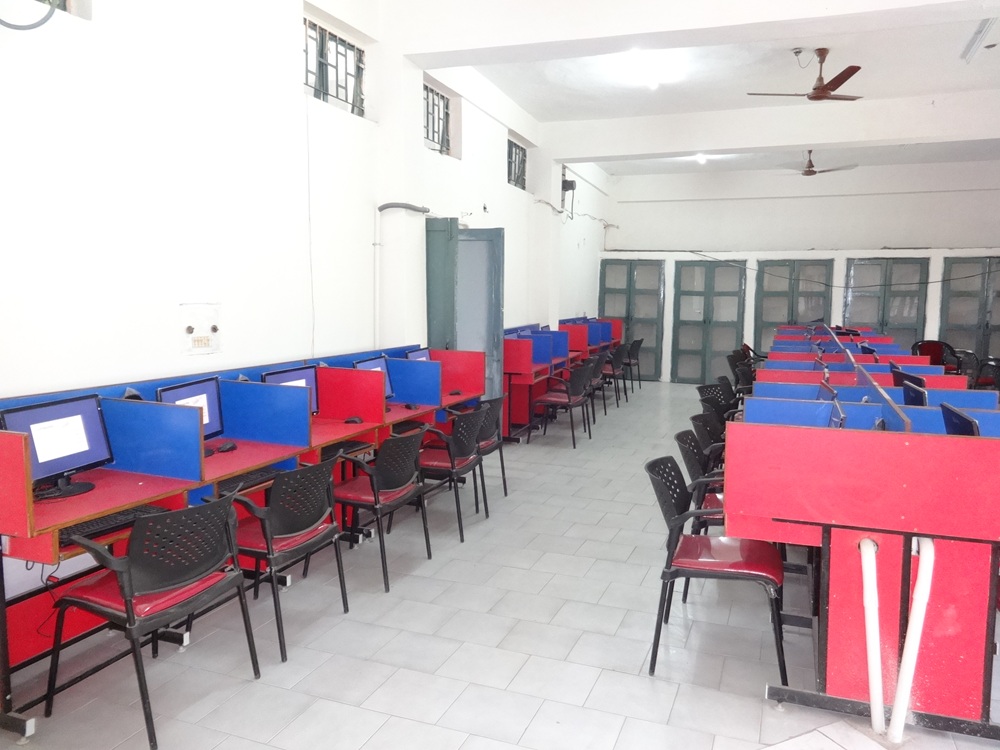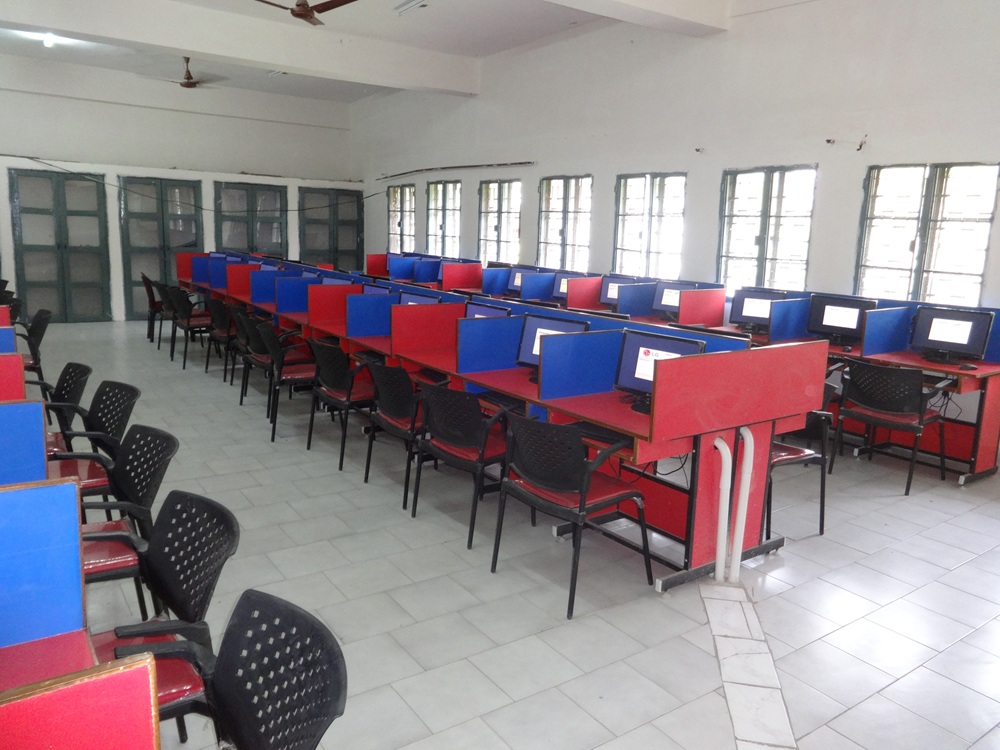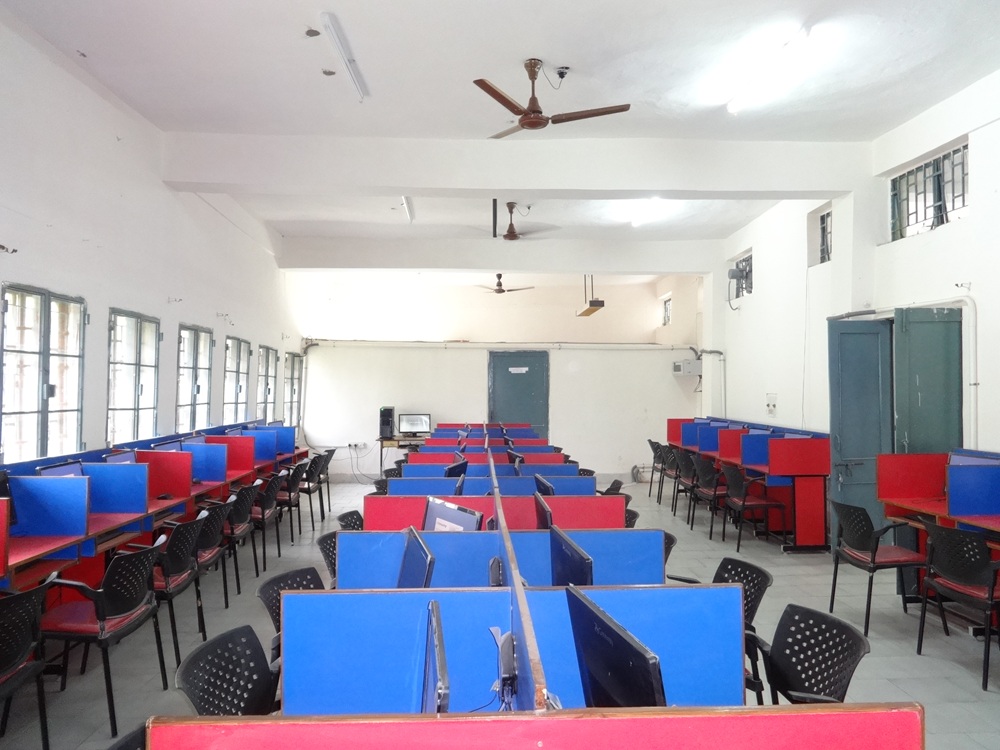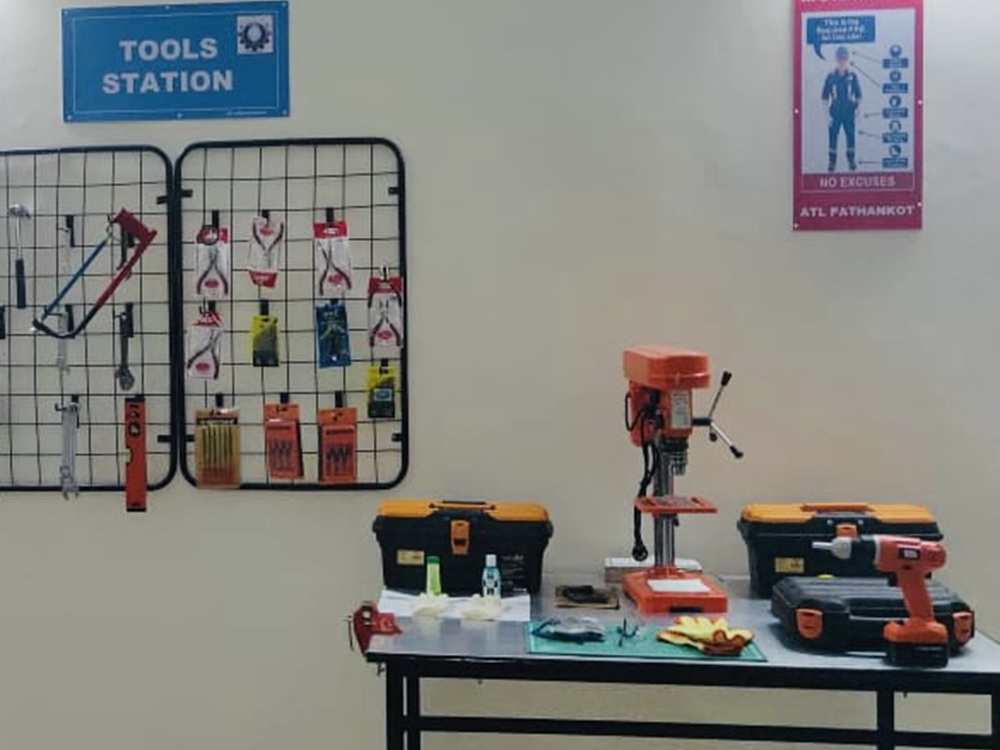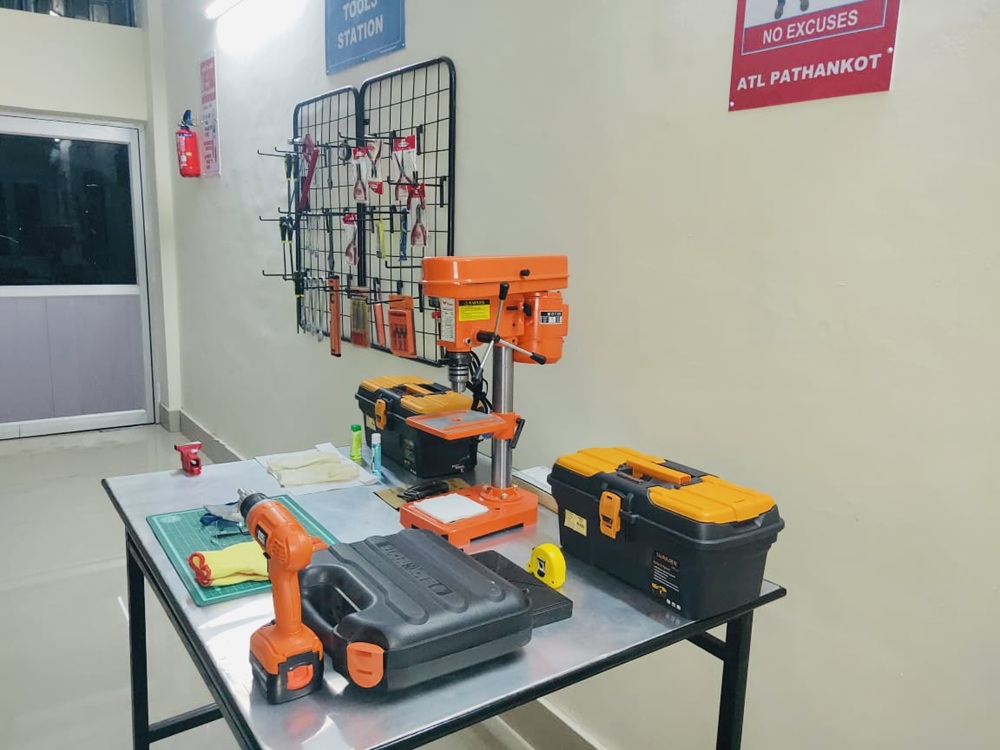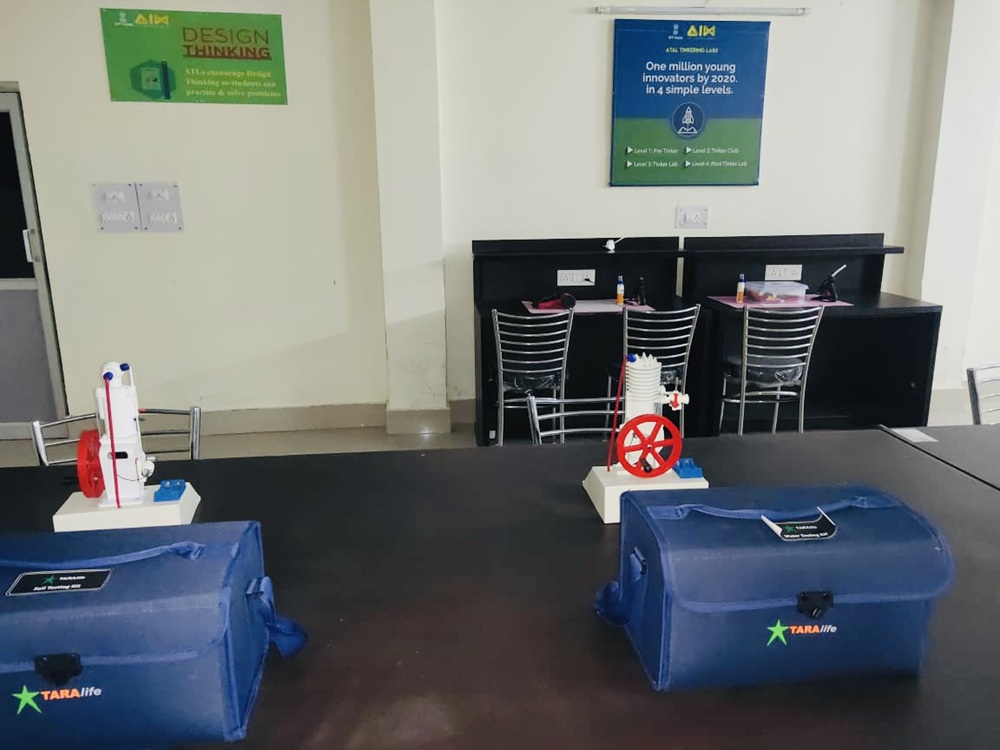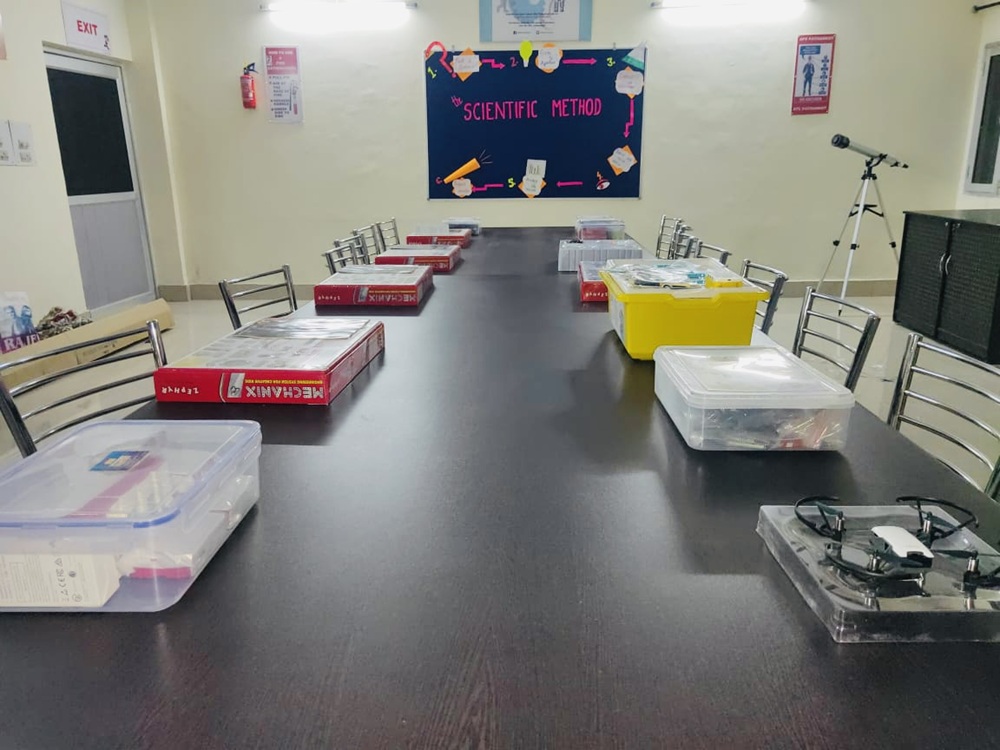Laboratories
Geo Lab
The Geography Lab is an immersive space designed to help students explore the physical and human aspects of geography through hands-on learning. Instead of just studying maps and theories, students engage with models, instruments, and real-world simulations to understand geographical concepts better.
- Topographical Studies: Students analyze maps, globes, and satellite imagery to understand landscapes and terrain.
- Climate & Weather Analysis: Equipped with barometers, thermometers, and rain gauges to study atmospheric conditions.
- Surveying & Navigation: Hands-on experience with compasses, GPS devices, and leveling instruments for fieldwork.
- Landform Models: Helps visualize processes like erosion, plate tectonics, and river formations.
- Environmental Awareness: Encourages students to study ecosystems, sustainability, and human impact on nature
Mathematics Lab
The Mathematics Lab is a dynamic space designed to make learning math interactive and engaging. Instead of just solving equations on paper, students get hands-on experience with mathematical concepts through models, puzzles, graphs, and experiments.
- Hands-on Learning: Students explore geometry, algebra, and statistics using tangible objects.
- Concept Visualization: Helps in understanding abstract concepts like trigonometry and calculus through practical demonstrations.
- Problem-Solving Approach: Encourages logical thinking and reasoning skills.
- Interactive Tools: Includes measuring instruments, graphing tools, and digital resources for deeper exploration.
- Real-Life Applications: Connects math to everyday scenarios, making learning more meaningful.
Physics Lab
The Physics Lab is a dynamic space where students explore the fundamental principles of physics through hands-on experiments and real-world applications. It bridges the gap between theoretical concepts and practical understanding, fostering curiosity and scientific thinking.
- Experimental Learning: Students conduct experiments on mechanics, optics, electricity, and magnetism to reinforce classroom theories.
- Advanced Equipment: Equipped with tools like oscilloscopes, spectrometers, electromagnets, and pendulums for precise measurements and observations.
- Problem-Solving Approach: Encourages analytical thinking and logical reasoning through investigative experiments.
- Interactive Demonstrations: Helps students visualize concepts like Newton’s laws, wave motion, and thermodynamics in action.
- Safety & Precision:Ensures a controlled environment with proper safety measures for handling electrical circuits and laboratory apparatus.
Biology Lab
The Biology Lab is a space where students explore the wonders of life sciences through hands-on experiments and observations. It provides an interactive environment to study living organisms, biological processes, and scientific techniques.
- Microscopy & Cell Studies: Equipped with advanced microscopes to examine cells, tissues, and microorganisms.
- Dissection & Anatomy Models: Helps students understand the structure and function of various organisms.
- Genetics & Molecular Biology: Includes DNA extraction kits and models to study heredity and genetic variations.
- Ecology & Environmental Studies: Encourages research on biodiversity, ecosystems, and conservation efforts.
- Safe & Controlled Experiments: Ensures proper handling of biological specimens with safety protocols in place.
Chemistry Lab
The Chemistry Lab is a space where students explore the fascinating world of chemical reactions, compounds, and scientific principles through hands-on experiments. It provides a controlled environment for safe and engaging learning.
- Experimental Learning: Students conduct experiments on acids, bases, salts, and chemical reactions to understand fundamental concepts.
- Advanced Equipment: Equipped with beakers, test tubes, Bunsen burners, and spectrometers for precise chemical analysis.
- Safety Measures: Includes fume hoods, gloves, goggles, and proper ventilation to ensure safe handling of chemicals.
- Analytical Techniques: Helps students learn titration, chromatography, and qualitative analysis for identifying substances.
- Real-Life Applications: Connects chemistry to industries like pharmaceuticals, environmental science, and material engineering.
Computer Lab
The Computer Lab is a hub for digital learning, equipping students with essential technological skills and hands-on experience in computing. It fosters creativity, problem-solving, and innovation through interactive sessions.
- Modern Workstations: Equipped with high-speed computers, updated software, and internet access for research and learning.
- Programming & Coding: Students explore languages like Python, Java, and C++ to develop logical thinking and computational skills.
- Digital Literacy: Covers essential topics like cybersecurity, data management, and responsible internet usage.
- Graphic Design & Multimedia: Provides tools for animation, video editing, and digital art creation.
- Collaborative Learning: Encourages teamwork through group projects, coding challenges, and interactive workshops.
English Language Lab
The English Language Lab is a specialized learning space designed to enhance students' communication skills through interactive and immersive experiences. It provides a structured environment for developing proficiency in listening, speaking, reading, and writing.
- Pronunciation & Accent Training: Helps students refine their speech clarity and fluency using audio-visual tools.
- Listening & Comprehension Exercises: Engages students with recorded conversations, storytelling, and interactive dialogues.
- Grammar & Writing Enhancement: Provides structured activities to improve sentence formation, vocabulary, and writing skills.
- Speaking Practice & Role-Playing: Encourages students to participate in debates, presentations, and real-world conversations.
- Digital Learning Tools: Includes language software, e-books, and AI-powered assessments for personalized learning.
Atal Lab
The Atal Tinkering Lab (ATL) is a special space in our school where students can explore and experiment with science, technology, engineering, and math (STEM). It is part of the Atal Innovation Mission (AIM) by the Government of India, designed to help young minds think creatively and solve real-world problems.
- Creative Thinking: Encourages students to design, invent, and create new things through fun experiments.
- Expert Guidance: Teachers and mentors help students understand concepts and improve their projects.
- Future Skills: Helps students learn coding, artificial intelligence, and problem-solving, preparing them for the future.
- National Initiative: ATL labs are set up in schools across India to inspire young innovators.

